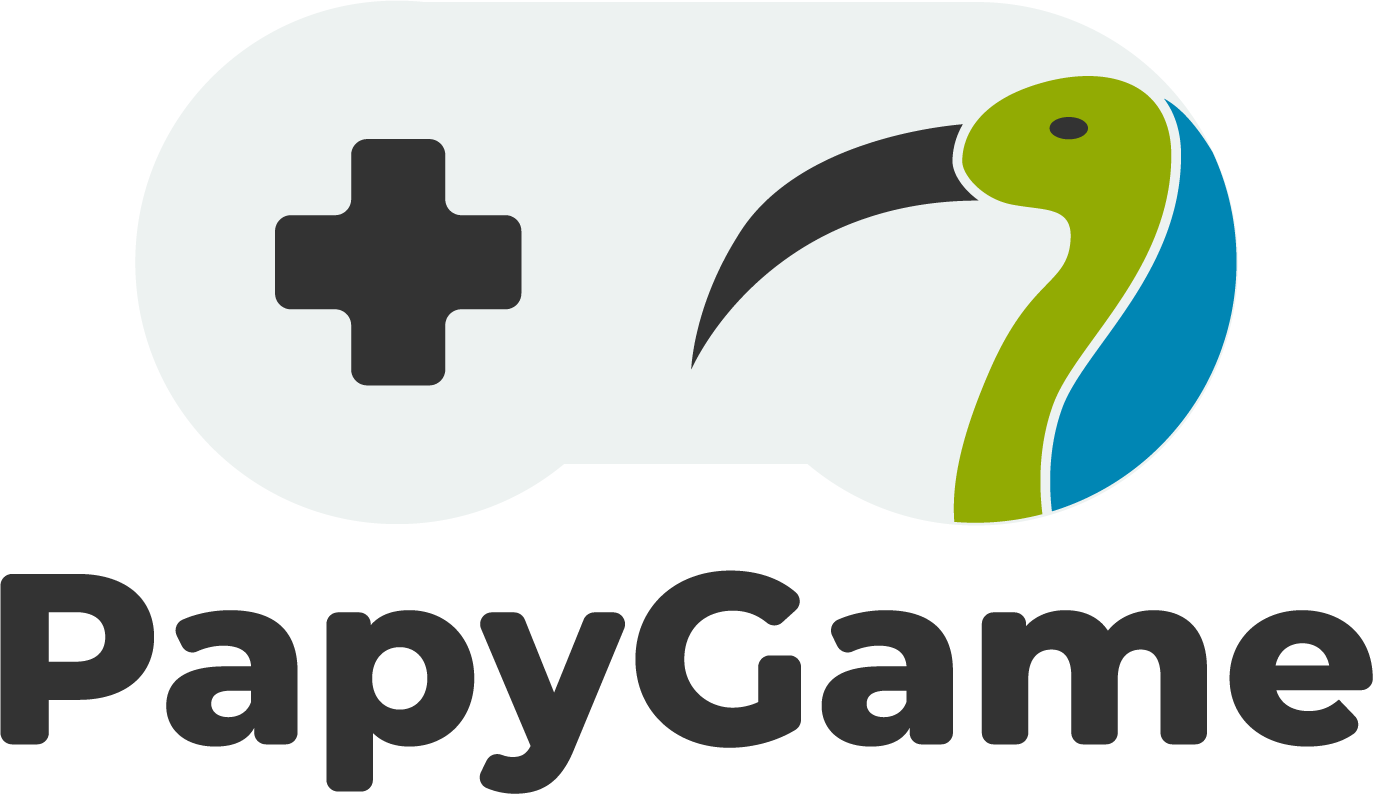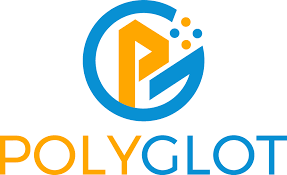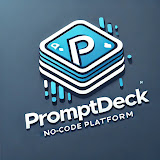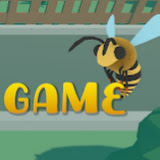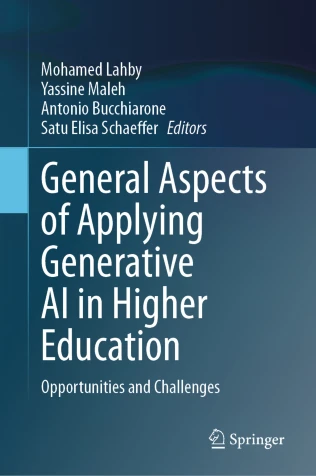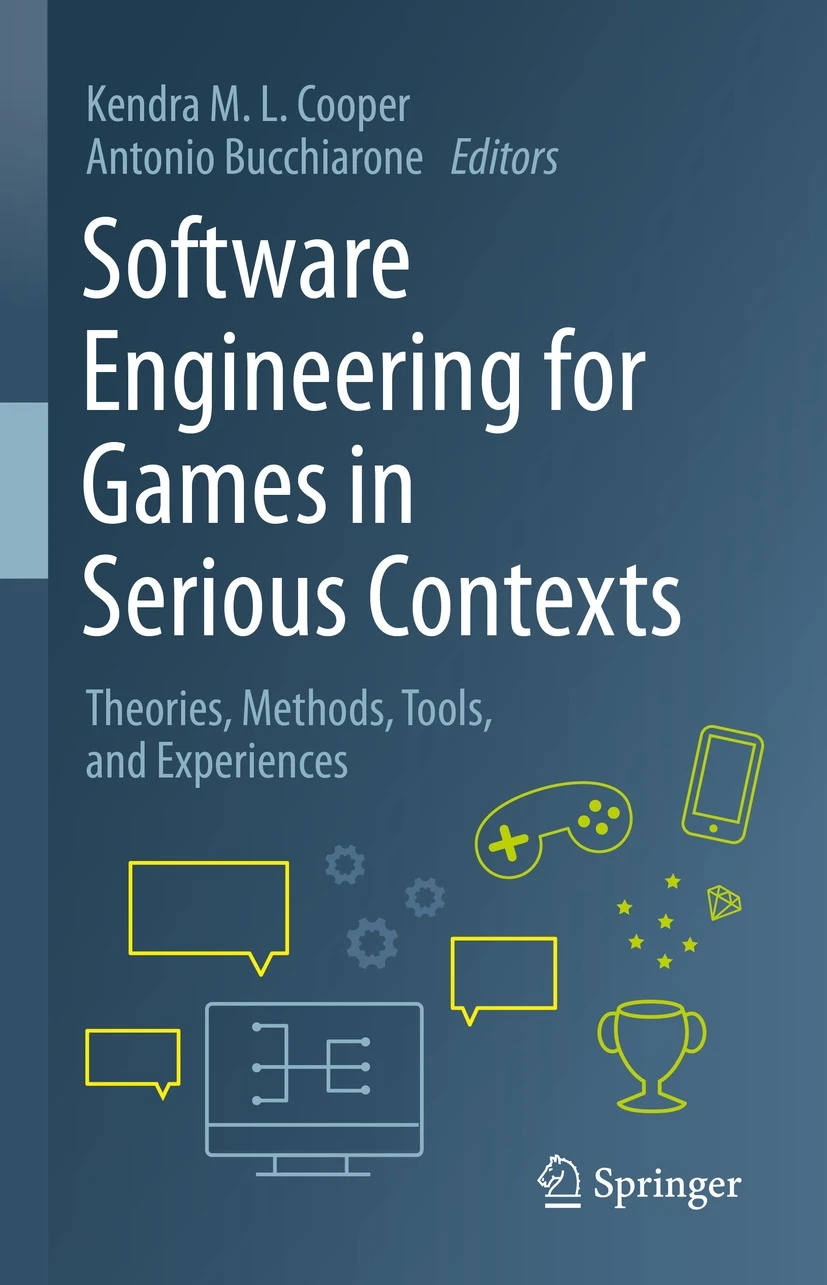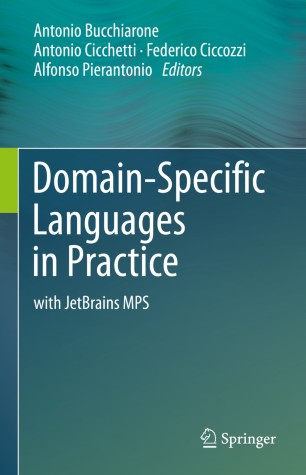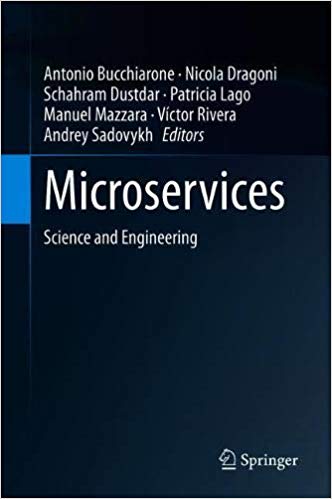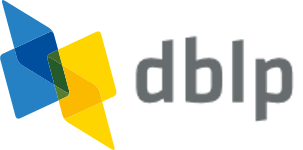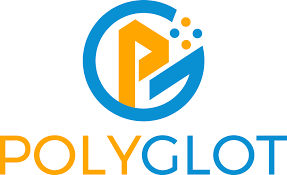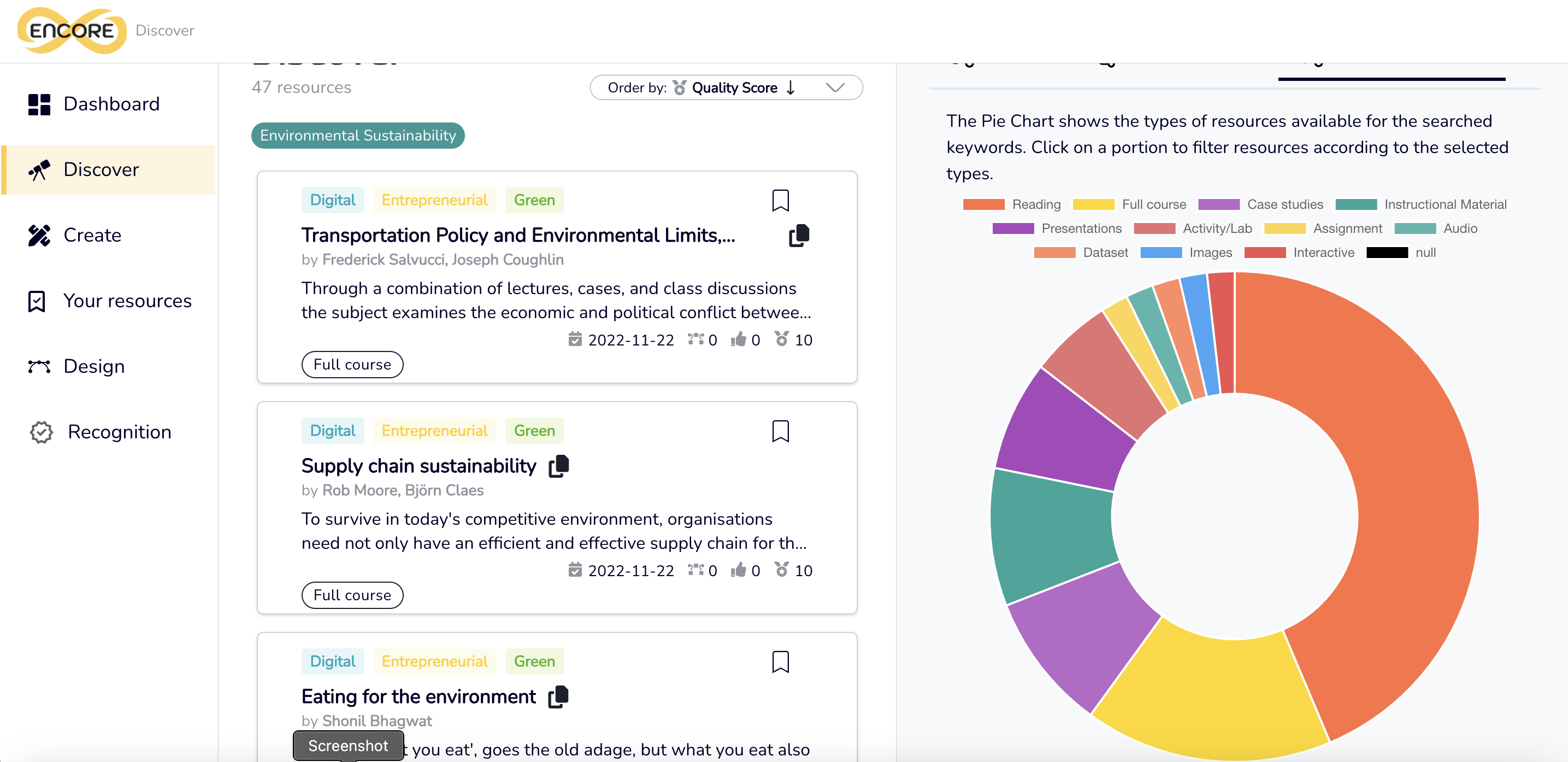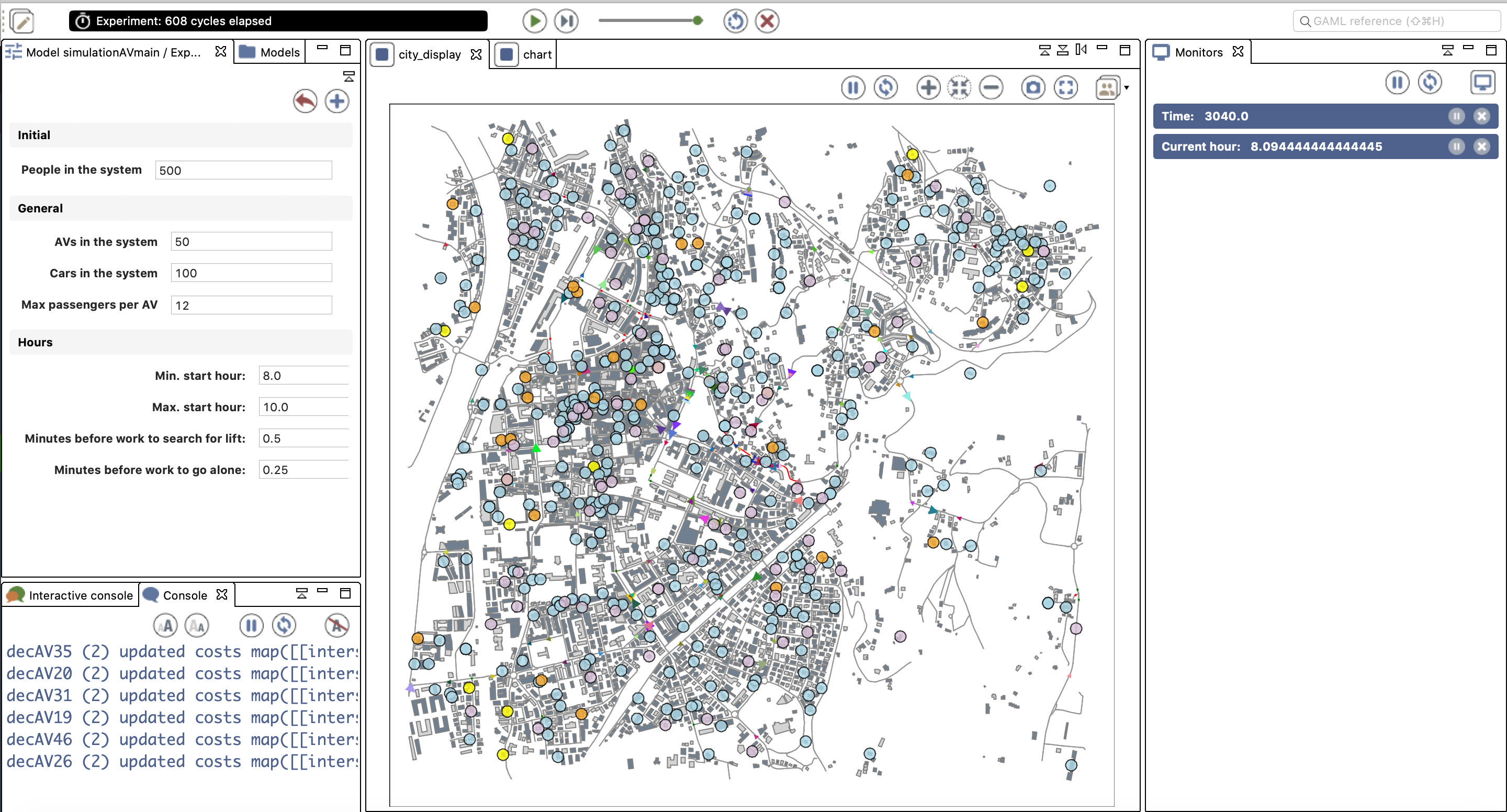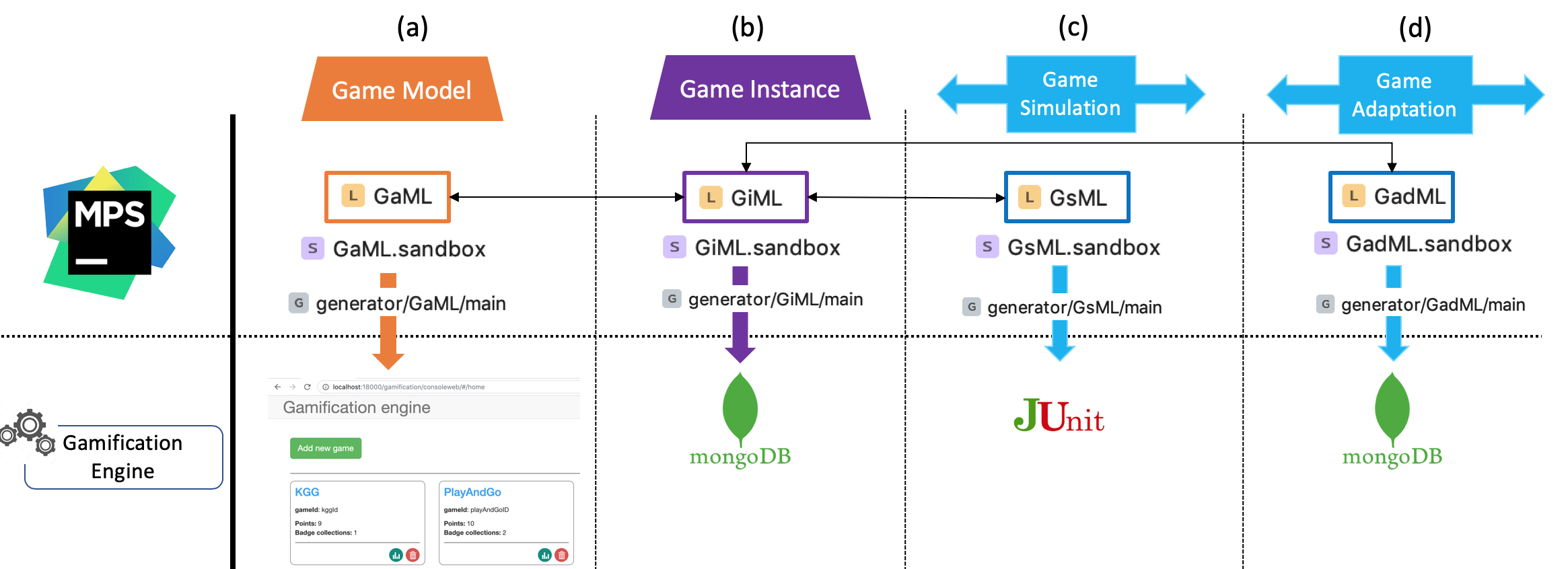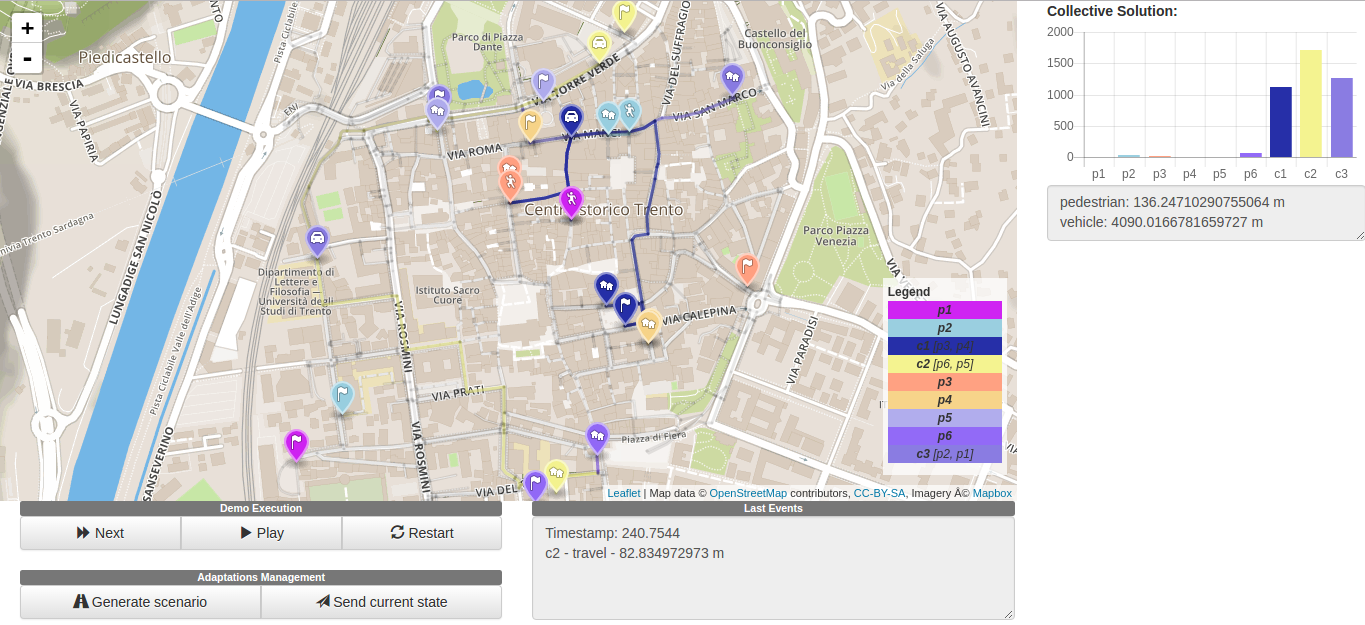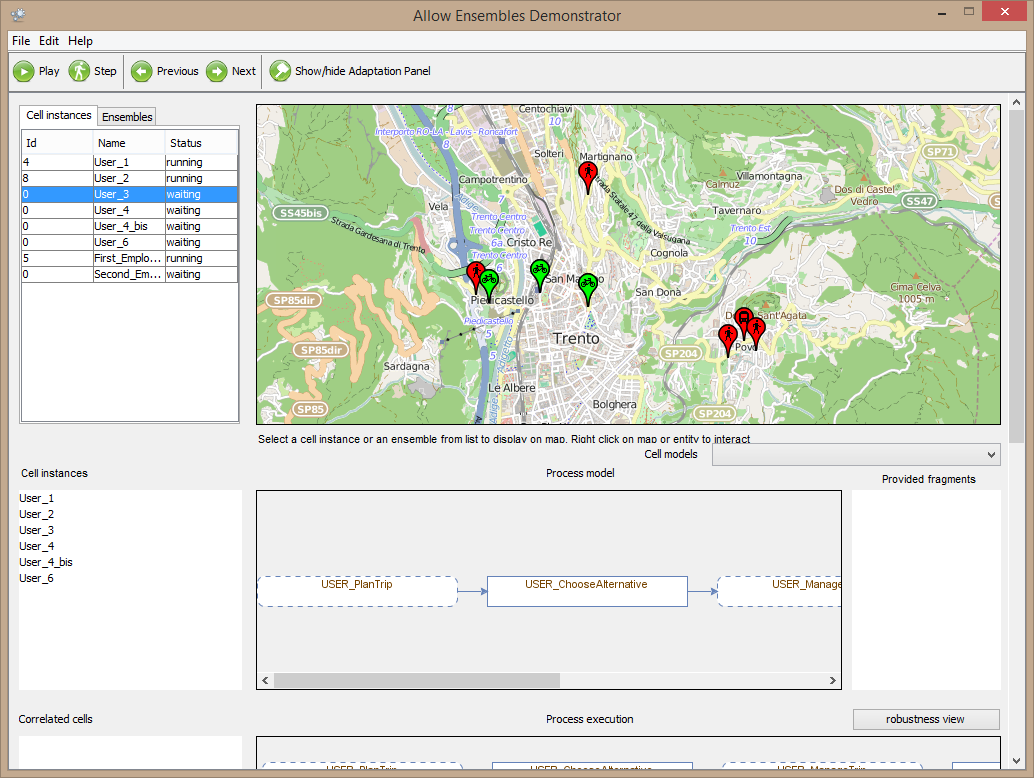About Me
Antonio Bucchiarone is currently an Associate Professor at the University of L'Aquila and a Visiting Fellow at Fondazione Bruno Kessler (FBK) in Trento, Italy. He specializes in adaptive systems, motivational digital systems using gamification, intelligent mobility, and the design and development of educational tools. His research focuses on models and tools for adaptive (collective) systems, modeling and development languages for motivational digital systems, and educational tools supported by and based on Model-Driven Engineering.
Dr. Bucchiarone has contributed to numerous national and European R&D projects, including the Erasmus+ project ENCORE. He is a Senior Member of IEEE and a member of the Italian chapter of the IEEE Intelligent Transportation Systems Society. He also serves as an Associate Editor for several journals, including IEEE Software, Journal of Object Technology (JOT), IEEE Transactions on Education, IEEE Transactions on Games, IEEE Transactions on Intelligent Transportation Systems (T-ITS), and IEEE Technology and Society.
Research
My Current Research Topics
-
Domain-Specific Languages for Gameful Systems
Gamification leverages game mechanisms for non-gaming purposes, such as promoting engagement and behavioral changes. In this research, we developed the Gamification Design Framework (GDF) using model-driven engineering principles. GDF enables the systematic design of gamified applications, progressing from abstract gamification elements to concrete implementations. The framework has been applied in education and mobility domains, and is available for demonstration on GitHub. Video Demo.
-
Smart Mobility
Future journey planners must integrate user preferences, city challenges, and resource availability to provide efficient multimodal transportation options. This research explores sustainable urban mobility by developing planners that adapt to real-time conditions and respond to dynamic travel needs. Key components include generating journey alternatives, ensuring self-adaptive models, and continuously monitoring journeys for real-time updates.
-
Collective Adaptation through Multi-Agent Ensembles
Modern socio-technical systems are composed of diverse agents, including people and software components. This research introduces collective adaptability through ensembles of self-adaptive agents, enabling systems to adapt collaboratively under dynamic conditions. Our collective adaptation engine (CAE) facilitates issue resolution across agents in real-time, with a prototype developed in a smart mobility scenario using the DeMOCAS framework for testing.
-
Automatic Migration to Microservices
Microservices architecture improves scalability and maintainability by decomposing systems into independent services. This research presents a model-driven approach for automating the migration from monolithic to microservices-based applications, implemented with JetBrains MPS. The process includes a proof of concept using migration from a Java-based application to Jolie, a programming language for microservices.
-
Dynamic Adaptation of Service-based Applications
The Next Generation Internet landscape demands applications that can adapt to open and evolving environments. This research focuses on building self-adaptive service-based applications that dynamically integrate new services and adapt to changing circumstances, such as user needs and resource availability. We propose a novel design approach that embeds adaptivity as an intrinsic application characteristic, supported by continuous development and deployment lifecycles. The approach has been successfully implemented and evaluated within the mobility domain, demonstrating practical effectiveness.
Enabler for Educators (E4E): Empowering Lesson Plan Creation with OER and Generative AI
The ENCORE project introduces the Enabler for Educators (E4E), a system designed to support educators in crafting comprehensive lesson plans by combining Open Educational Resources (OER) with Generative AI. The E4E platform allows teachers to efficiently search for and organize relevant educational materials, as well as generate tailored learning activities that align with specific educational objectives.
Through an intuitive interface, E4E enables educators to explore OER resources categorized across various domains — Green, Digital, and Entrepreneurial — using interactive visualizations and advanced search filters. Additionally, the platform incorporates AI-driven tools that assist in defining learning objectives and crafting personalized learning activities, leveraging frameworks such as the Revised Bloom's Taxonomy to ensure cognitive engagement at appropriate levels.
The research focuses on evaluating the E4E’s effectiveness in simplifying lesson planning, promoting the reuse of educational content, and adapting learning experiences to diverse learner needs. The tool is designed as a low-code solution to support a range of educational contexts, enhancing flexibility and allowing educators to curate and modify AI-generated content to best fit their instructional goals.
Digital Twins of Socio-Technical Ecosystems for Societal Transformation
This research explores the development of Digital Twins (DTs) for socio-technical ecosystems to drive positive societal change by modeling complex interactions within systems that integrate both social and technical components. Using a Model-Driven Engineering (MDE) approach, this study addresses the unique challenges of representing human and social factors within digital twins, enabling comprehensive understanding and dynamic adaptation to achieve societal goals.
Central to this vision are two main components: motivational strategies, such as gamification, to encourage active participation, and adaptive monitoring and prediction mechanisms that support ongoing adjustments within the ecosystem. The DTs are designed to provide insights into complex socio-technical processes, facilitating community-driven change through collaborative phases of co-design, co-production, and co-delivery.
The research demonstrates practical applications through case studies in areas like mobility access in rural communities and food waste reduction in urban settings. These examples illustrate how DTs can act as catalysts for sustainable development, empowering stakeholders to make informed, data-driven decisions that enhance resilience and foster long-term community well-being.
Adaptive and Gamified Learning Paths for Software Modeling
This research investigates the PolyGloT framework, which facilitates adaptive, gamified learning paths to enhance comprehension and engagement in software modeling education. By leveraging PolyGloT’s flexibility, this study aims to create personalized learning experiences that adapt to individual student needs, promoting deeper understanding and retention of core modeling concepts. The framework integrates multiple modeling tools and environments, such as PapyrusWeb and WorkAdventure, to offer a unified, immersive learning platform where students can progress through dynamically tailored activities.
The research focuses on assessing the effectiveness of gamification elements—including leaderboards, points, and achievements—in boosting student motivation and engagement. It also explores the role of adaptive learning technologies that personalize task complexity and suggest subsequent activities based on each learner’s progress and preferences. This approach aims to address common challenges in software modeling education by providing an interactive, hands-on learning experience, ultimately bridging the gap between theoretical knowledge and practical application within a cohesive platform.
PromptDeck: A No-Code Platform for Modular Prompt Engineering
This research introduces PromptDeck, a no-code
platform designed to facilitate prompt
engineering for generative AI, aimed at expanding
accessibility to a broader audience beyond developers. By
leveraging technologies such as Node.js, Express,
MongoDB, and Azure OpenAI services, PromptDeck
allows users to design and manage AI workflows with minimal
technical knowledge.
Central to this platform is its intuitive frontend, built with
React and TypeScript, which empowers users to
create, execute, and refine complex AI tasks seamlessly.
The system’s extensible plugin system enables additional
functionalities, allowing users to tailor the platform to
specific needs, thus democratizing access to generative AI.
Through PromptDeck, the technical barriers to AI-driven
solutions are significantly reduced, paving the way for
innovative applications across diverse domains, fostering
creativity, and enabling a wide range of users to harness the
power of generative AI.
Gamified Campaigns for Sustainable Urban Mobility
The AIR-BREAK project investigates the role of gamified transportation campaigns in fostering eco-friendly mobility choices among urban populations. By leveraging game-based elements such as points, badges, leaderboards, and community challenges, this research focuses on encouraging long-term behavior changes that reduce CO₂ emissions and promote sustainable travel. The study aims to understand how various gamification elements influence participants' motivation, engagement, and overall satisfaction, as well as how these factors contribute to the adoption of sustainable commuting habits in everyday life.
The research identifies key motivations, including intrinsic interest and extrinsic incentives, that drive participants' choices toward sustainable transportation, such as walking, biking, and public transit. This topic also explores the impact of personalized and competitive elements in gamified systems and how they foster community engagement, ultimately contributing to a collective shift towards green mobility solutions. The findings aim to inform future policy and sustainable urban planning by highlighting the efficacy of gamification in changing transportation behaviors at scale.
Teaching
Introduzione ai Fondamenti della Programmazione
Corso di Laurea in MatematicaUniversità degli Studi dell'Aquila
Anno Accademico: 2024/2025
Crediti: 6 CFU
Settore scientifico disciplinare: INF/01
APPLICAZIONI PER DISPOSITIVI MOBILI
Corso di Laurea in InformaticaUniversità degli Studi dell'Aquila
Anno Accademico: 2024/2025
Crediti: 6 CFU
Settore scientifico disciplinare: INF/01
Previous Courses
| Course Title | Program | Year | Credits or Hours |
|---|---|---|---|
| Ingegneria del Software - Primo Semestre | Corso di Laurea in Informatica (L2), Università di Trento | 2022/2023 | 97 Hours |
| Software Engineering - Secondo Semestre | Corso di Laurea in Ingegneria Informatica, delle Comunicazioni ed Elettronica (L2) - Università di Trento | 2023/2024 | 24 hours |
| Ingegneria del Software - Secondo Semestre | Corso di Laurea in Ingegneria Informatica, delle Comunicazioni ed Elettronica (L2), Università di Trento | 2022/2023 | 80 Hours |
| Ingegneria del Software - Primo Semestre | Corso di Laurea in Informatica (L2), Università di Trento | 2022/2023 | 137 Hours |
| Ingegneria del Software - Secondo Semestre | Corso di Laurea in Ingegneria Informatica, delle Comunicazioni ed Elettronica (L2), Università di Trento | 2022/2023 | 80 Hours |
| Ingegneria del Software - Primo Semestre | Corso di Laurea in Informatica (L2), Università di Trento | 2021/2022 | 97 Hours |
| Ingegneria del Software - Secondo Semestre | Corso di Laurea in Ingegneria Informatica, delle Comunicazioni ed Elettronica (L2), Università di Trento | 2021/2022 | 80 Hours |
| Distributed Systems 2 | Corso di Laurea Magistrale in INFORMATICA (LM), Università di Trento | 2020/2021 | 44 Hours |
| Algoritmi e Strutture Dati | Corso di Laurea in Matematica (L2), Università di Trento | 2020/2021 | 84 Hours |
| Distributed Systems 2 | Corso di Laurea Magistrale in INFORMATICA (LM), Università di Trento | 2019/2020 | 44 Hours |
| Algoritmi e Strutture Dati | Corso di Laurea in Matematica (L2), Università di Trento | 2019/2020 | 69 Hours |
| Distributed Systems 2 | Corso di Laurea Magistrale in INFORMATICA (LM), Università di Trento | 2018/2019 | 44 Hours |
Publications
Tools
Awards
- Best Demo Award at MODELS 2020. Papyrus for gamers, let's play modeling.
-

- Best Demo Award at ICSOC 2016. DeMOCAS: Domain Objects for Service-based Collective Adaptive Systems.
- Winner of the "ServicesCup" Competition at the IEEE World Congress on Services 2012. ASTRO-CAptEvo: Dynamic Context-aware Adaptation for Service-based Systems.
- Best Paper Award at IEEE ICWS 2012. Dynamic Adaptation of Fragment-based and Context-aware Business Processes.
- Best Paper Award ICIW 2007. Web Service Composition Approaches: From Industrial Standards to Formal Methods.
-

-

-

-

-

-

Contact Information
- Institute: Università degli Studi dell'Aquila
- Department: Dipartimento di Ingegneria e Scienze dell'Informazione e Matematica
- Research Group: SWEN (Software Engineering)
- Address: Via Vetoio - 67100, L'Aquila (AQ), Italy
- Email: antonio.bucchiarone@univaq.it

